Cinematek has invited one of Hollywood’s great screenwriters for a visit and a retrospective, and they have given him carte blanche. When David Koepp isn’t directing his own films, he is providing scripts for people like Steven Spielberg, David Fincher, and Brian De Palma. “I try to get inside the head of the director and think like they do.”
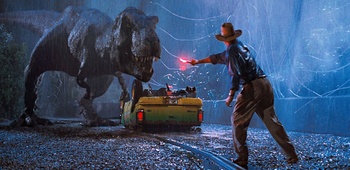
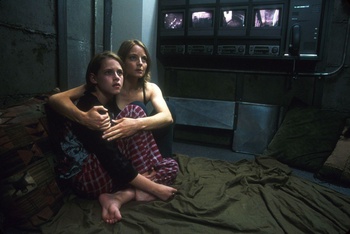
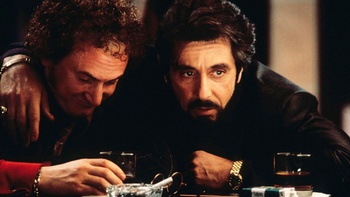
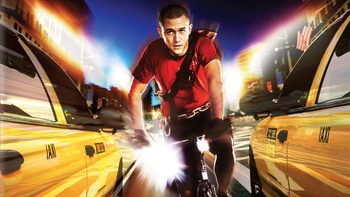
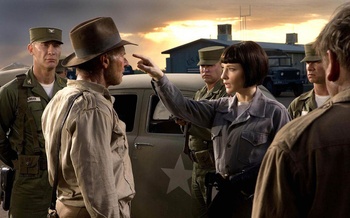
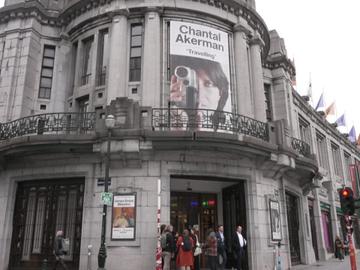
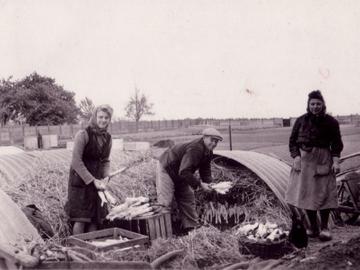

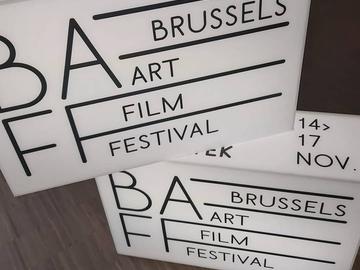
Fijn dat je wil reageren. Wie reageert, gaat akkoord met onze huisregels. Hoe reageren via Disqus? Een woordje uitleg.